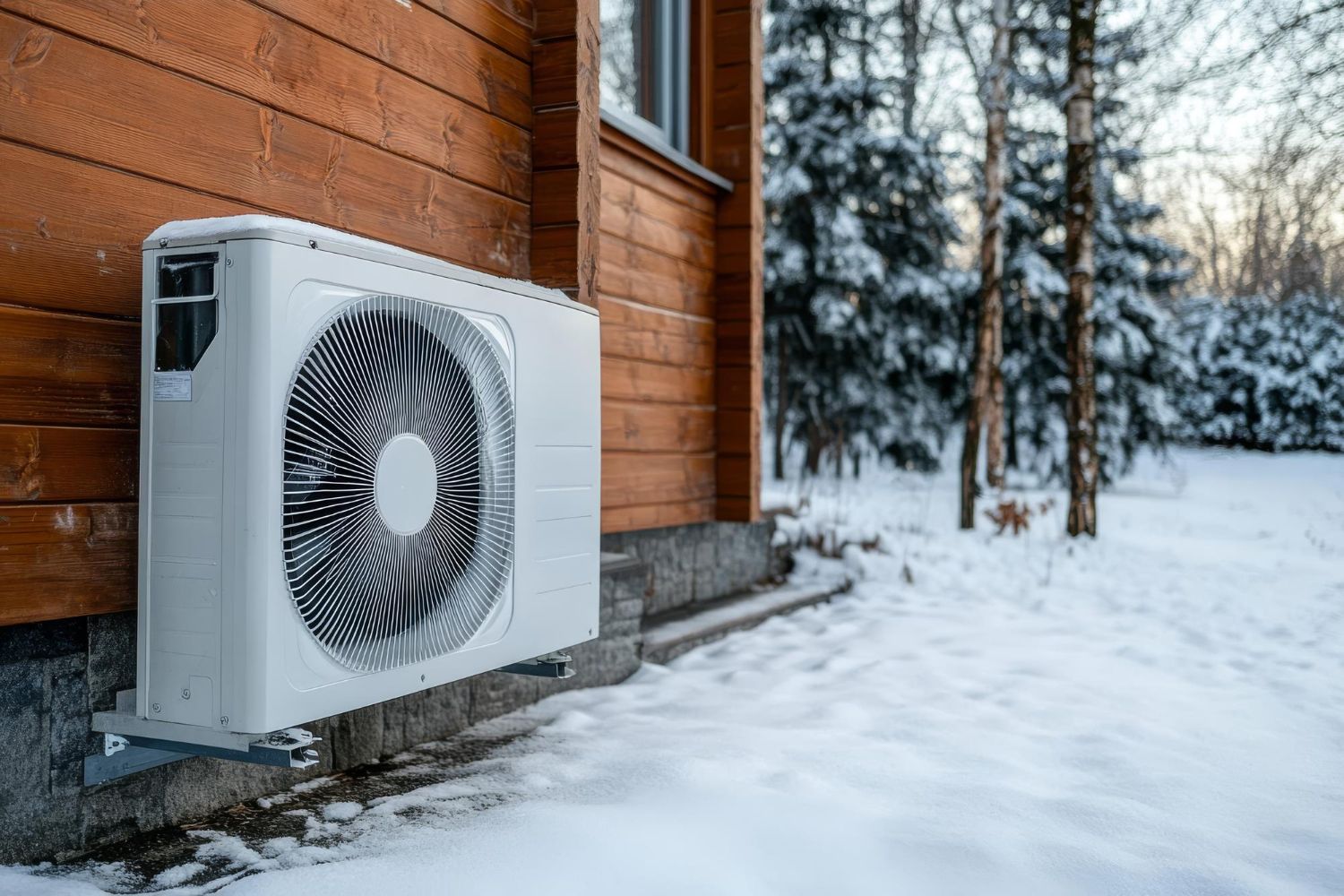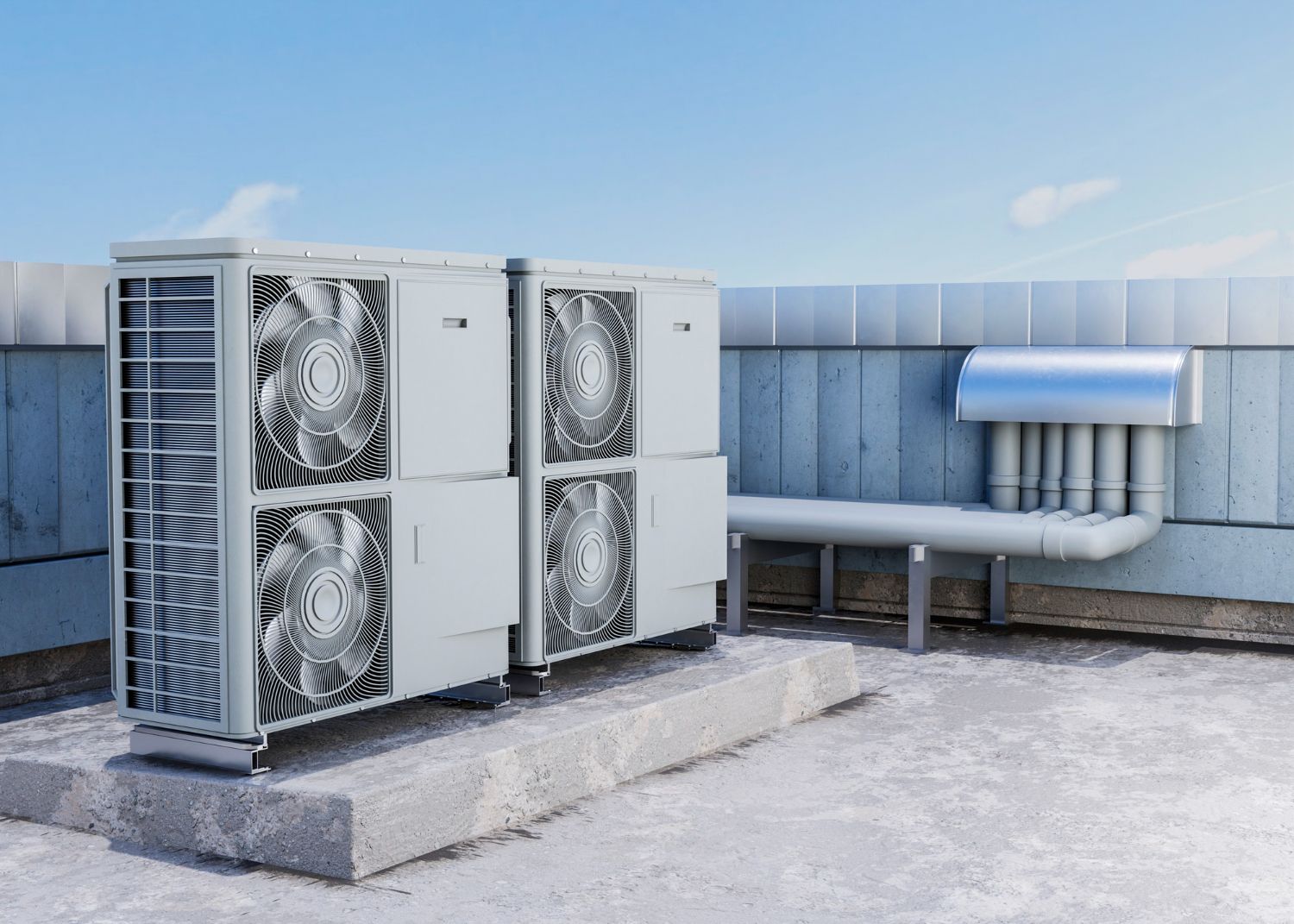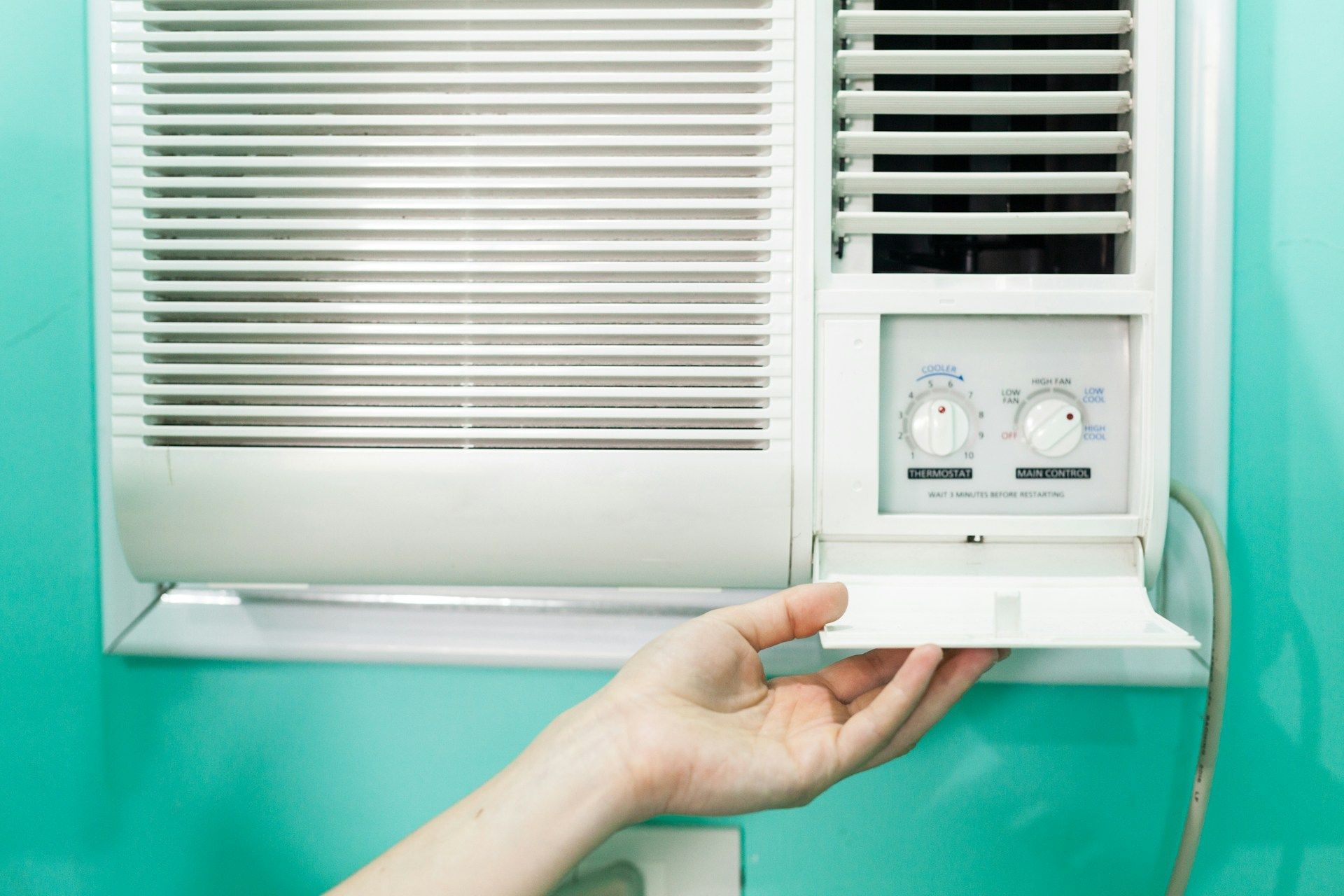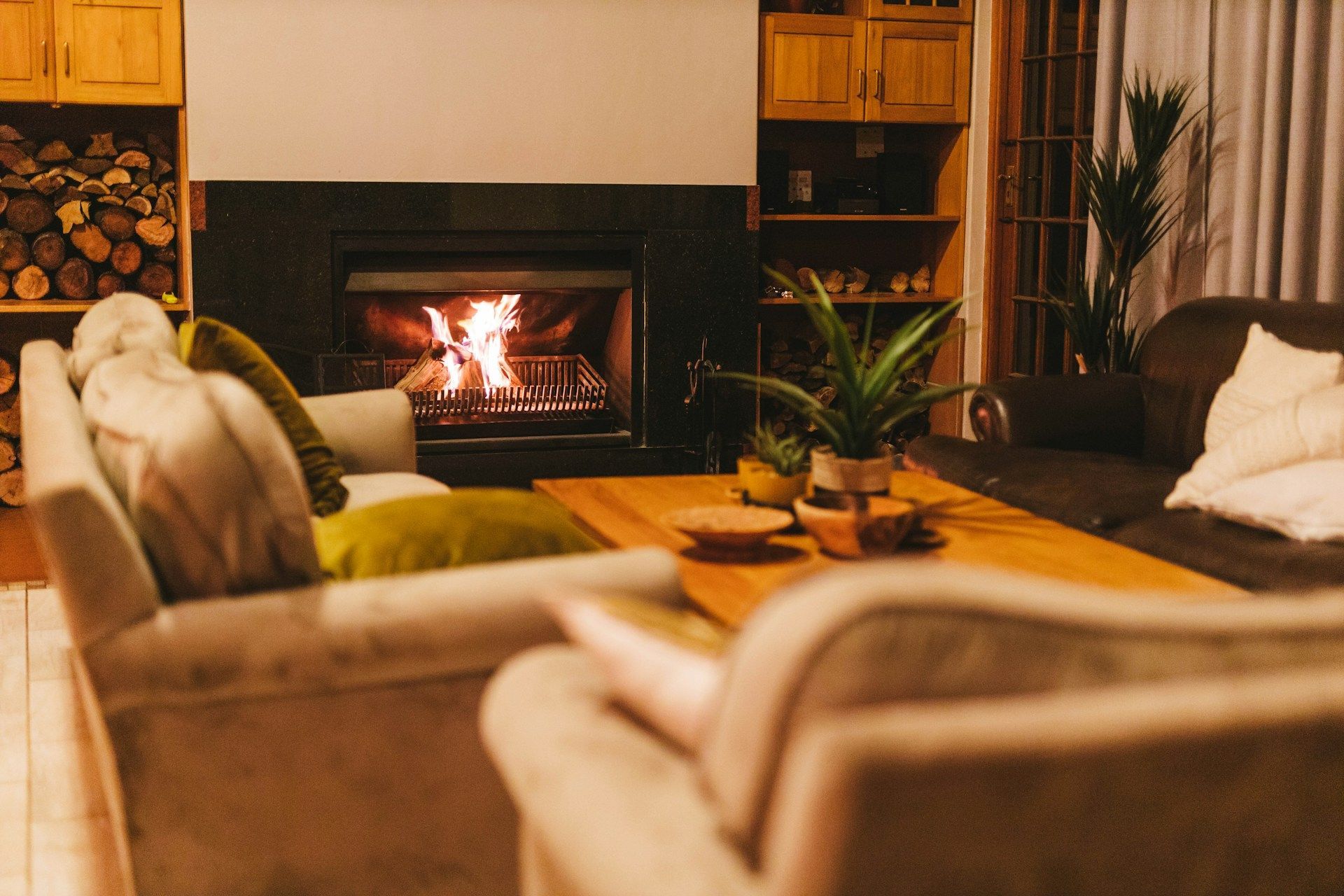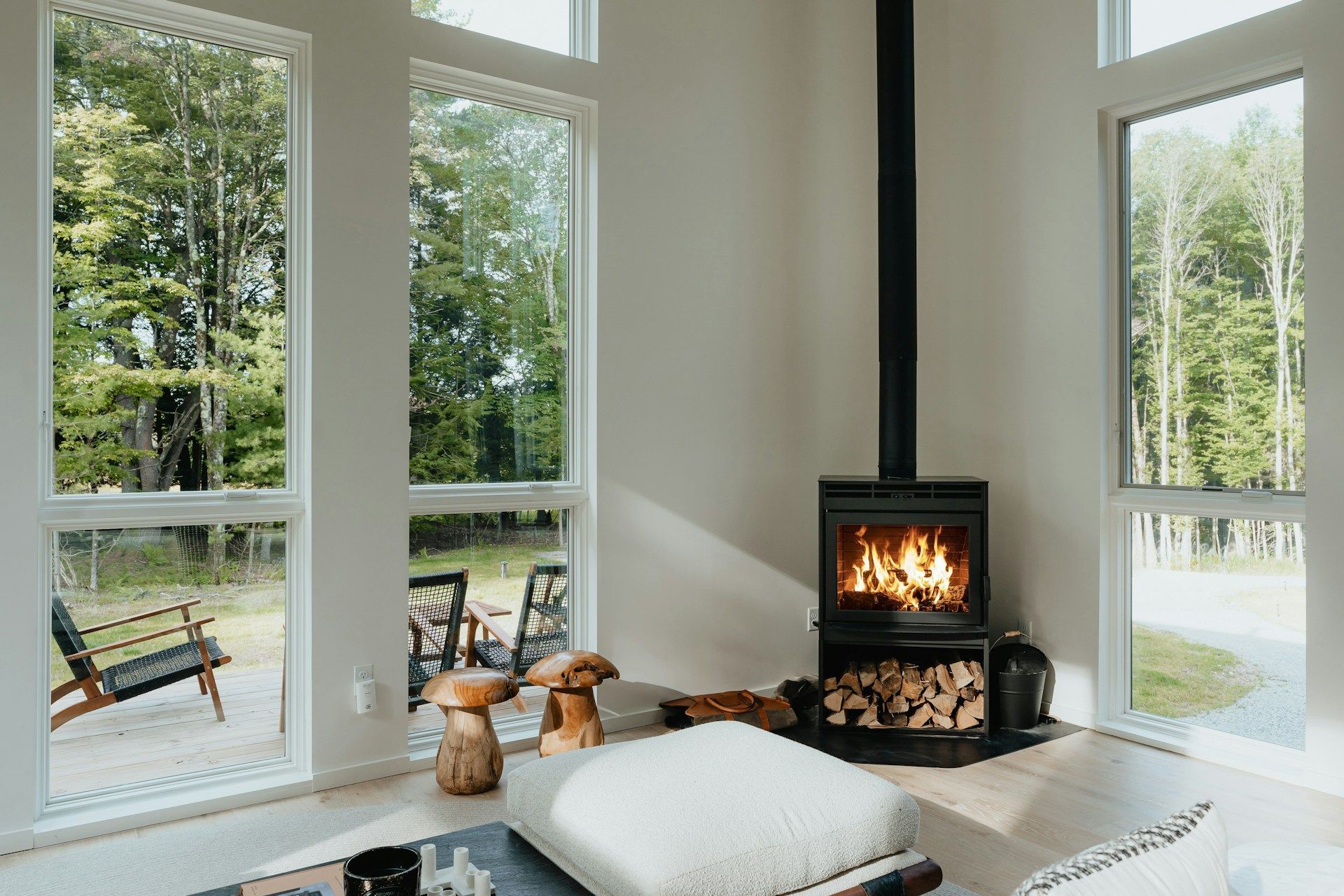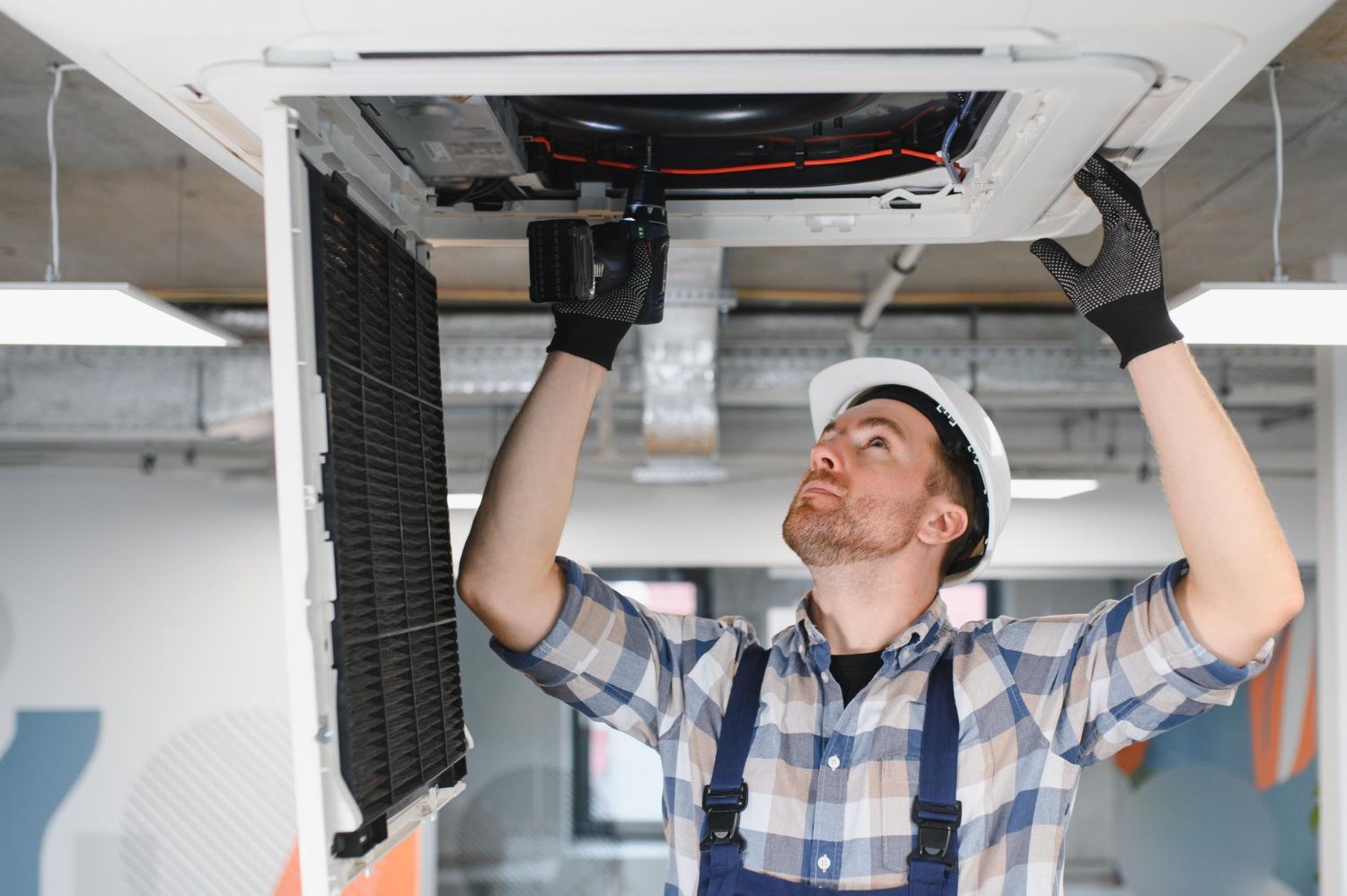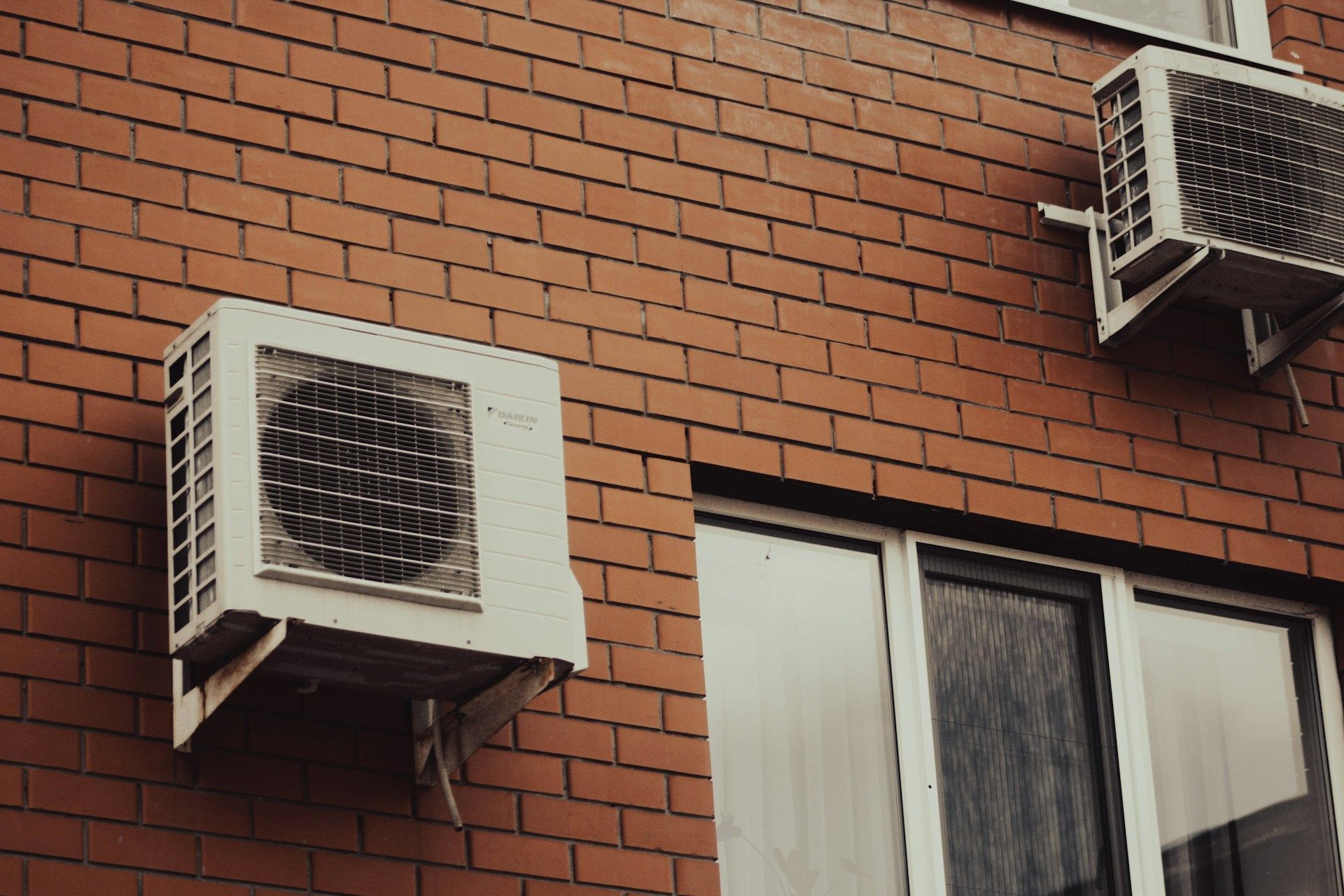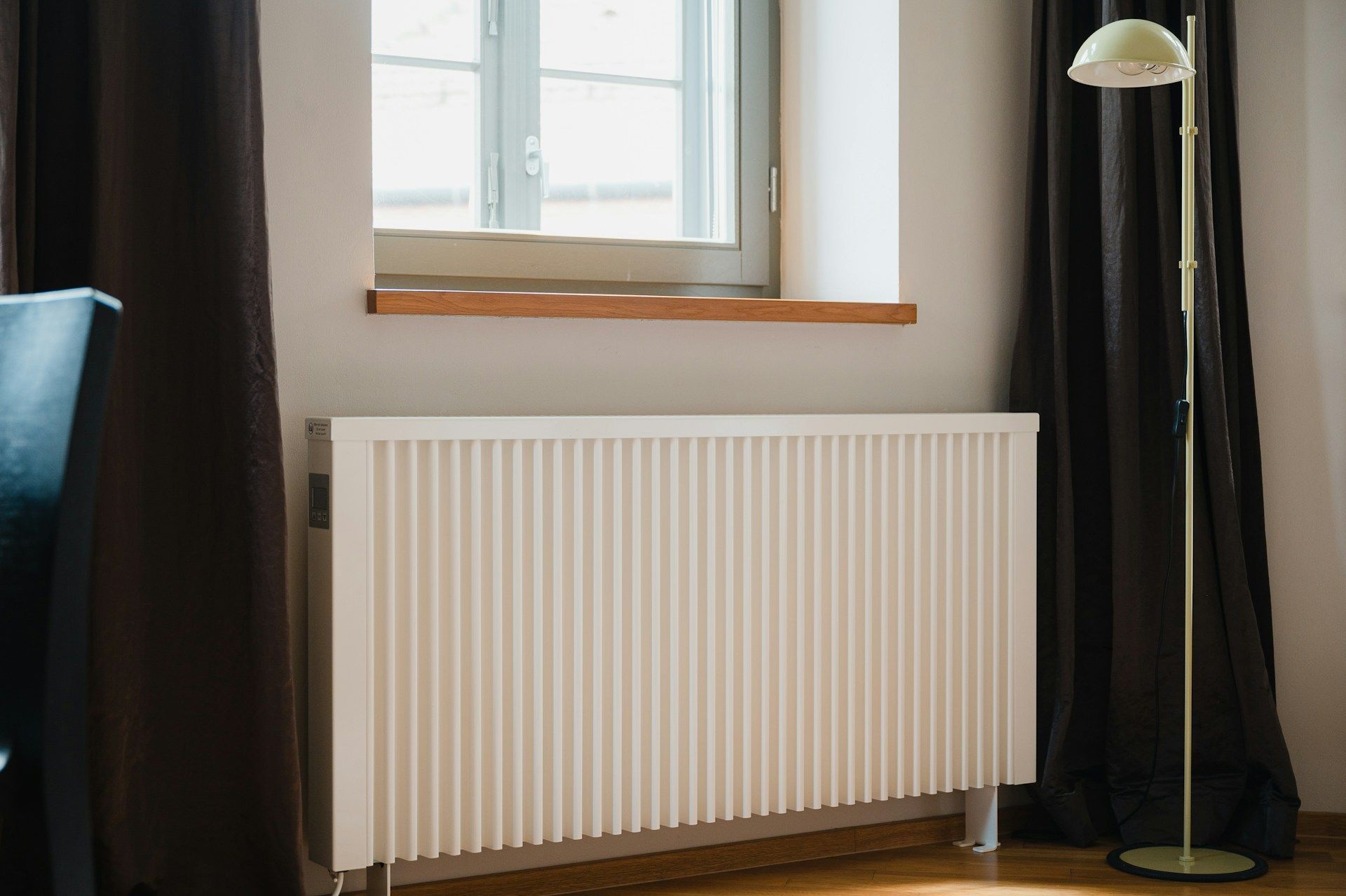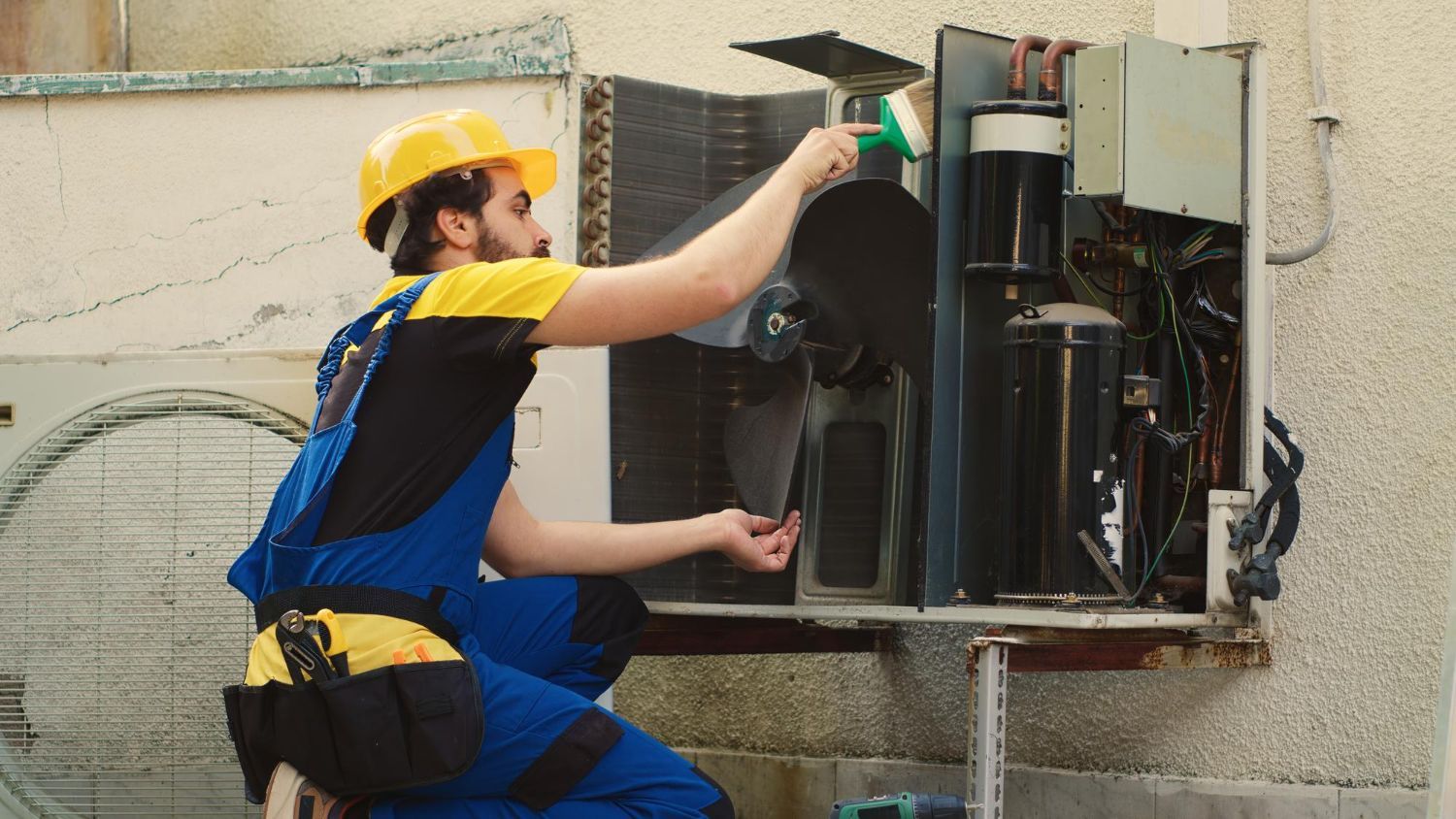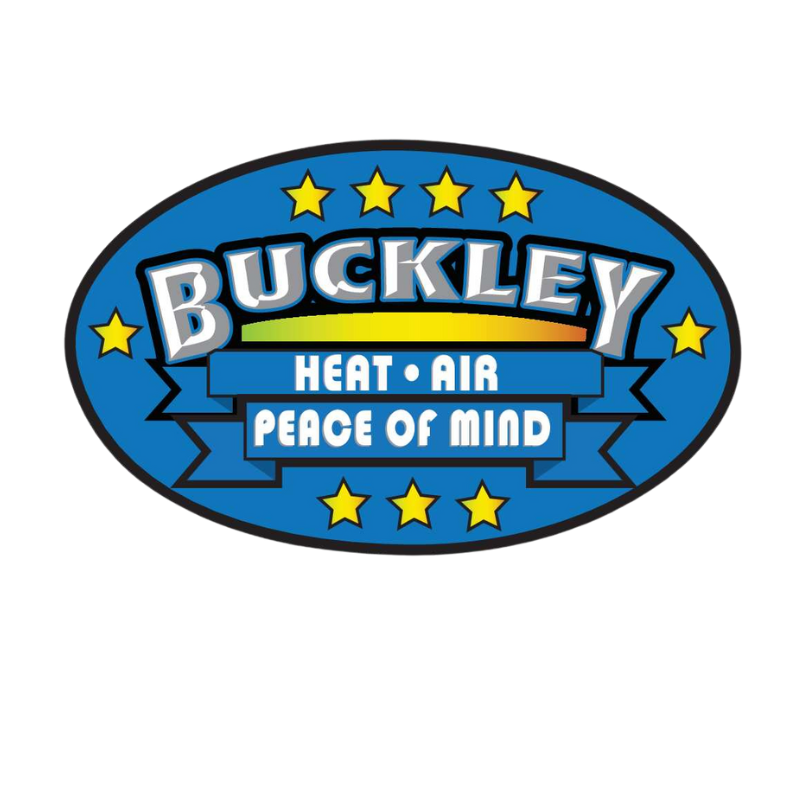You’re fast asleep under the blankets when a chill creeps into your bedroom and wakes you up. You get up and walk across the icy floor, heading for the thermostat. The numbers haven’t moved, but your fingers and nose tell a different story. The heat’s out. And to make things worse, it’s the middle of the night.
When your furnace cuts out after hours, it brings its own set of problems. It’s not just about comfort anymore. It’s about safety, keeping your family warm, and figuring out whether it’s a minor issue or something that needs professional help. Instead of stressing, it helps to know the right steps to take so you can keep calm and handle the situation.
Stay Safe And Warm
The first thing to do is check your surroundings before focusing on the furnace itself. Not all furnace malfunctions are as simple as a tripped breaker. Some can be serious and pose a safety risk.
Here’s what to do right away to keep your household safe and warm:
- Check for signs of gas leaks. If there’s a smell similar to rotten eggs or sulfur, leave your home immediately and call emergency services. That could signal a gas leak.
- Layer up. Grab socks, sweatshirts, jackets, and hats. Layers make a big difference in keeping your body heat in.
- Close off extra rooms. Keep the warmth in smaller spaces being used. Shutting doors to unused areas helps trap heat where it’s needed.
- Block drafts. Use towels, blankets, or heavy curtains to block cold air from windows and door gaps. Even placing a blanket over hardwood or tile floors can help reduce cold inside.
- Don’t use unsafe heat sources. Never use ovens, grills, or outdoor heaters inside the home. These can lead to carbon monoxide buildup, which is dangerous.
If you have a space heater that's safe for indoor use, plug it directly into a wall outlet and keep it away from anything flammable. Focus your family in one room and close it off to keep warmth in.
Troubleshooting Steps To Try
Once everyone is warm and safe, it's time to check whether the fix is something simple. A furnace may fail overnight due to a small issue that’s easy to correct without tools or technical experience.
Try these steps before calling for emergency furnace repair:
1. Inspect the thermostat
Make sure the display is on and set to heat. If the screen is blank or dim, it may need new batteries. Sometimes settings get changed accidentally.
2. Look at the air filter
A very dirty filter restricts airflow and can cause the furnace to shut down to prevent overheating. Replacing it with a clean one might solve the issue.
3. Check circuit breakers and the furnace switch
Go to your home’s electrical panel and look for any tripped breakers. Flip them off and then back on. Also look for an on/off switch near the furnace and confirm it’s turned on.
4. Make sure the furnace panel is closed
Many units won’t operate if the access panel isn’t shut properly. Give it a check and close lids or doors firmly.
5. Confirm that gas is flowing
If possible, see whether the gas valve is open. If you’re not sure or aren’t comfortable doing this, it’s better to wait and reach out to a technician.
If the unit still doesn’t power on after trying these steps, don’t push further. There could be a deeper electrical or mechanical issue, and continuing to mess with it could cause damage or a hazard.
When To Call For Professional Help
If your furnace still won't respond after checking the basics, the next step is to call in an expert. Some heating issues require testing high-voltage parts or working with gas lines, and those jobs need the proper tools and training.
Here’s when to make the call for emergency furnace repair:
- Strange noises like screeching, loud banging, or grinding happen during startup
- The furnace blows cold air or has no airflow even after restarting
- A burning smell sticks around and doesn’t clear up
- The pilot light flickers out or burns yellow instead of blue
- Everything obvious has already been checked and it still won’t turn on
Trying to troubleshoot motor components, ignition systems, or safety sensors on your own overnight is risky and can make repairs more difficult. A certified HVAC tech can show up with the knowledge to test and repair things quickly and safely.
It’s tempting to wait and hope the system resets on its own, but that gamble could mean a very cold house by morning. Low temps can even lead to frozen pipes and water damage. If it's that cold and your heat is out, don’t wait.
Preventing Future Furnace Problems
No homeowner wants to be surprised again by a freezing house in the middle of the night. Avoiding repeat breakdowns is possible with just a few steps added to your routine.
Here’s what you can do:
- Change your furnace filter every 1 to 3 months based on dust and usage
- Keep vents unblocked throughout your home so air moves easily
- Check your thermostat weekly to be sure it’s responding
- Watch for signs like small clanks, smells, or changes in airflow, even if they feel minor
- Keep intake and return air vents clean with your vacuum’s brush attachment
Most importantly, book an annual furnace check-up before winter hits. An HVAC technician can clean the burners, check for leaks, and replace parts that are showing signs of wear. Catching something early could prevent the heater from quitting at the worst time.
For example, dirty flame sensors and loose wires can be spotted and fixed during a tune-up without leading to an emergency. It’s often those hidden issues, like a cracked ignitor or a fan belt starting to fray, that eventually cause a mid-season failure.
Skipping service might seem okay if your furnace is running, but the damage can slowly build. Light maintenance once a year helps keep everything working smoothly and can buy you peace of mind when it’s cold outside.
We’ve Got Your Back When the Heat Goes Out
If your furnace fails during the night, you don’t need to panic. Start with safety first, then try quick checks like the thermostat or air filter. Once those don’t work, save yourself the stress and call in backup.
Emergency furnace repair is something we take seriously because we know what it means to have a warm and comfortable house when the temperature drops. Whether it’s a sudden glitch or the result of wear and tear, you can count on experienced professionals to figure it out and fix it fast.
A little care and seasonal maintenance can go a long way in keeping breakdowns from happening again. But when things don’t go as planned, Buckley Heat Air is here to help you get through those cold nights with confidence.
When the night takes an unexpected chilly turn and your heating system just isn't pulling through, know that you can count on Buckley Heat Air. Our team handles heating challenges with care and efficiency. If you're dealing with an emergency furnace repair situation, reach out to our professionals who are ready to help. Whether it's ongoing maintenance or a sudden fix, Buckley Heat Air has the expertise to bring warmth back into your home, keeping you and your family cozy and safe.

